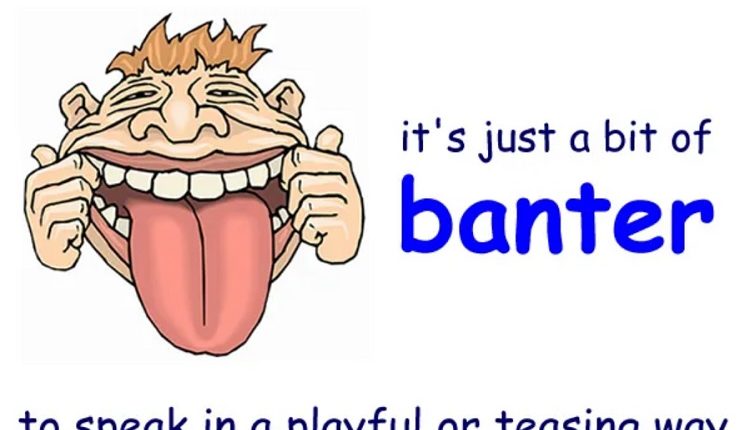The puzzling rise in misuse of ‘banter’
As I was writing this letter concerning the puzzling rise in the misuse of the word ‘banter’ in the public space, including in Ghana’s Parliament, coincidentally, news came about a word that had created a buzz in Parliament, ‘floccinaucinihilipilification’.
That was on Friday, July 26, 2024, when, as captured in a viral video, Mr Stephen Amoah, NPP Member for Nhyiaeso and Deputy Finance Minister, used that ‘mouthful’ to emphasise a point on the floor of the House. Not surprisingly, it appeared that other MPs and even Speaker Alban Bagbin had doubted its authenticity.
Nevertheless, Mr Amoah’s insistence that it is a real word, is confirmed. According to the Cambridge Dictionary, “floccinaucinihilipilification means the estimation of something as worthless. It’s an 18th-century coinage that combines four Latin prefixes meaning nothing.” So clearly, he had used the strange word correctly.
However, unfortunately, correct usage cannot be said about ‘banter’, the word that was the focus of my letter. Apparently, most people understand ‘banter’ differently from its dictionary meaning because they use it as another word for ‘discord’ or ‘quarrel’.
Yet, dictionaries confirm that it is a word to be used in humorous, light-hearted exchanges, not when referring to disagreement, hostility or anger. Thus, definitely ‘banter’ is not a substitute for ‘bicker’ or ‘quarrel’; or to express disagreement, censure or enmity.
Seeking confirmation that the word still means what I know, when I checked the Internet, the first meaning for ‘banter’ that popped up was: “the playful and friendly exchange of teasing remarks”.
Other definitions:
BBC English Dictionary: “teasing or joking talk that is amusing and friendly”. Encarta World English Dictionary: “light teasing remarks, lighthearted teasing or amusing remarks.”
Illustrated Oxford Dictionary: “good-humoured teasing; ridicule in a good-humoured way.”
Strangely, as I pointed out in a similar letter in this paper some years ago, almost every time ‘banter’ has been used in our public discourse, the context has indicated that the communicator actually meant the opposite! One wonders if they have ever checked its meaning.
And recently, to my dismay, this wrong usage has surfaced even in Parliament! One or two members have used it when from the circumstances under reference, no humour was intended.
Another curious aspect of the matter is that the wrong usage also features in some Nigerian movies on TV! Whether Nigerians are copying us or we are copying them, is hard to tell.
But perhaps the misuse stems from the fact that there’s no difficulty with pronouncing that word. ‘Banter’ rolls off the tongue – unlike ‘floccinaucinihilipilification’.


